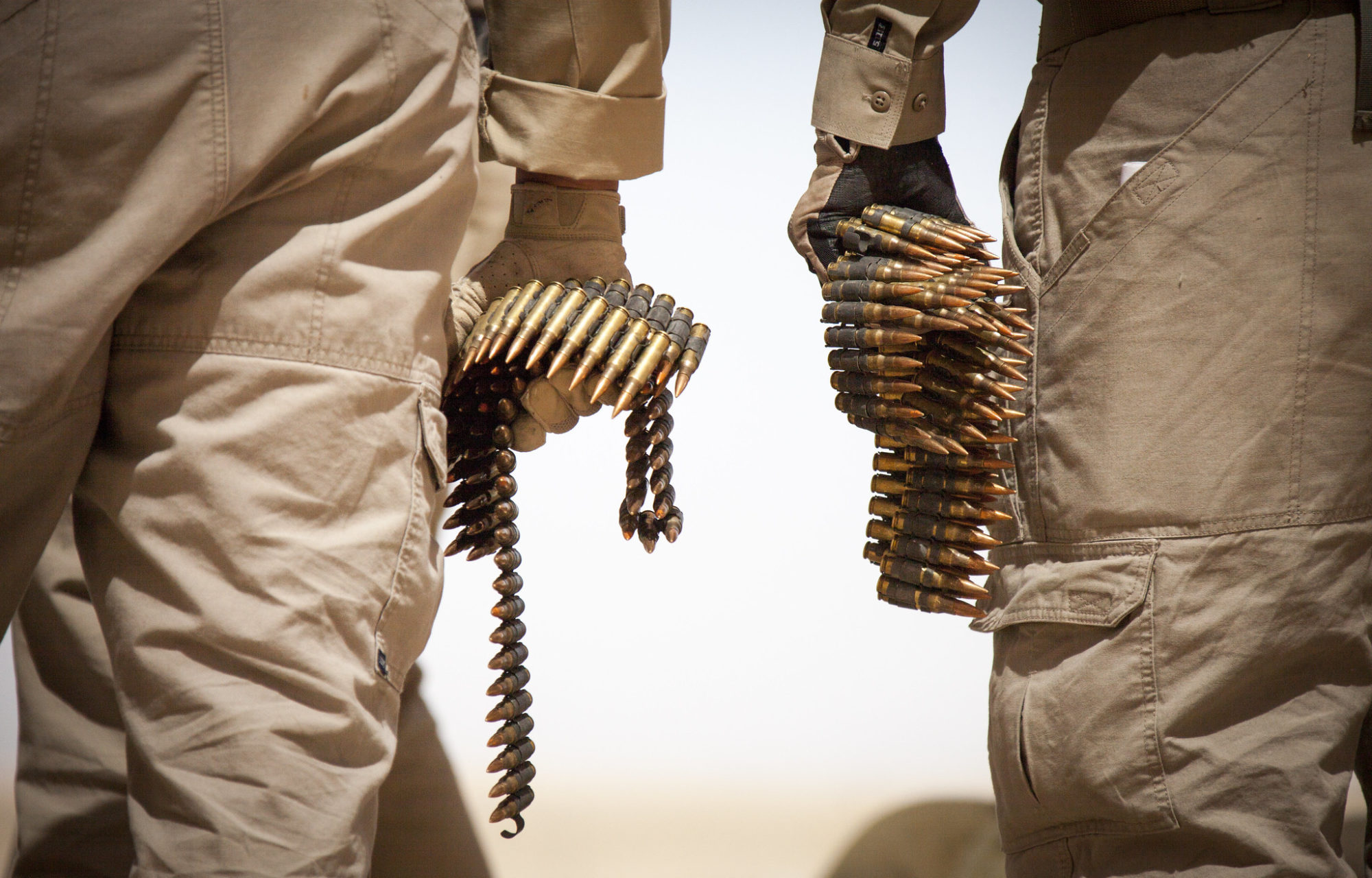Another Memorial Day has come and gone, but the War in Afghanistan keeps rumbling along. This year, the conflict was brought back into the headlines by two key developments: a rumor – thankfully unfounded – that Donald Trump was considering using the day to pardon US servicemembers convicted of war crimes, and the rather more consequential news that John Walker Lindh was being released from prison.
Lindh – better known as the ‘American Taliban’ – was the first US citizen arrested in the War on Terror. A radicalized convert to Islam captured on a battlefield in Afghanistan, he shocked a nation still reeling from the September 11th attacks. Few could understand why the young man with a privileged, pleasant California upbringing would embrace Al Qaeda and willingly fight for the Taliban.
Though never convicted for his indirect involvement in the death of the first American killed in Afghanistan, Lindh’s twenty-year term for fighting with the Taliban – minus three years for good behavior – ended last week. He may well have been released too soon; there are few signs that his radicalization has decreased during his time in prison. But the fact that Lindh’s prison term is over, while the War in Afghanistan continues, should prompt introspection among those who advocate for continued US presence in Afghanistan.
OH, THE PLACES YOU’LL GO
Lindh’s release is just one reminder of the length of the conflict. Memorial Day also marks the start of graduation season. And like many 18-year olds, the War in Afghanistan is now old enough to have graduated high school. Certainly, it seems a bit unlikely that a war which has learned so few lessons would be allowed to graduate. It is, however, now old enough to join the military, contributing – as many of America’s young men and women are now doing – to a war which has been going since before they were born.
The fact that Lindh’s prison term is over, while the War in Afghanistan continues, should prompt introspection among those who advocate for continued US presence in Afghanistan.
Of course, the length of the war is in many ways secondary to the costs, which continue to grow. According to researchers at Brown University, we have spent over $975 billion dollars on military missions in Afghanistan since 2001, a figure which doesn’t even include development, aid, or the long-term debt implications of borrowing to pay for our military adventures.
Then there’s the human costs. There have been over 6,000 American deaths – of servicemembers, contractors and other government employees – and almost 40,000 Afghan civilians killed by violence related to the conflict. And while improvements in medical care have kept the death toll for soldiers far lower than, it was in Vietnam, for example, casualties have also been high. The Department of Veterans Affairs has recorded almost a million disability claims for veterans related to the War on Terror.
Worst of all, these costs have resulted in few strategic gains. The initial US campaign against the Taliban was a success, but the political goals imposed after that initial success – a stable, democratic Afghanistan with a solid central government – have proven to be far too ambitious to achieve with the military tools available. Today, the security situation in Afghanistan continues to worsen: government and Taliban forces fight to maintain an uneasy stalemate, while Afghan elites engage in endless internal squabbles and rampant corruption.
TIME TO TALK
Strangely enough, given the Trump administration’s foreign policy record, Afghanistan is one place where US policy has arguably improved in recent months. Certainly, the number of troops present in the country remains high, and there is still no clear military strategy behind their mission. But the administration’s decision to engage in direct talks with the Taliban for the first time since the war began offers hope for a negotiated settlement that could finally see an end to the conflict.
The talks – being held in Doha under the auspices of Afghanistan Special Envoy Zalmay Khalilzad – are focused on trading a US withdrawal from the country for a ceasefire and Taliban assurances that Afghanistan will not again be allowed to be used as a base for international terror grounds.
The best thing about these talks is also the worst: The Afghan government is not yet involved in the process. Though this absence undoubtedly made it easier to get the other parties to the negotiating table in the first place, it also increases the challenge of producing a workable deal that all parties will eventually accept. Even with delegates from both the Afghan government and Taliban in Moscow for talks on a peace process this weekend, there is no guarantee that they’ll meet directly.
The prospect of successful talks and a US withdrawal also raise concerns about human rights, women’s rights, and the future of democracy in Afghanistan. It’s an open question whether the concrete gains made in these areas can be maintained in the absence of US presence. And there’s the potential for renewed violence; after all, violence has actually risen in the country this year as each side seeks a negotiating advantage.
NO GOOD OPTIONS
For all of these challenges, however, peace talks remain the best way forward in Afghanistan. This is particularly true when the alternative is more of the same: a punishing stalemate that keeps US forces in-country to maintain minimal gains for the Afghan government while the conflict continues to exact a major toll on civilians.
Any peace deal with the Taliban will undoubtedly be an imperfect agreement. We could, perhaps, have achieved a better deal in previous years, before the Taliban made its military comeback. But if negotiators can today secure a ceasefire that preserves our counterterrorism interests and allows for the long-needed withdrawal of US forces, it will still be an improvement.
After all, today, we’re talking about a war that’s old enough to graduate from high school. Do we really want to still be having this conversation when that war is old enough to drink? Old enough to retire? Or – as John Walker Lindh’s release reminds us – when the war has instead become a life sentence without parole?





















